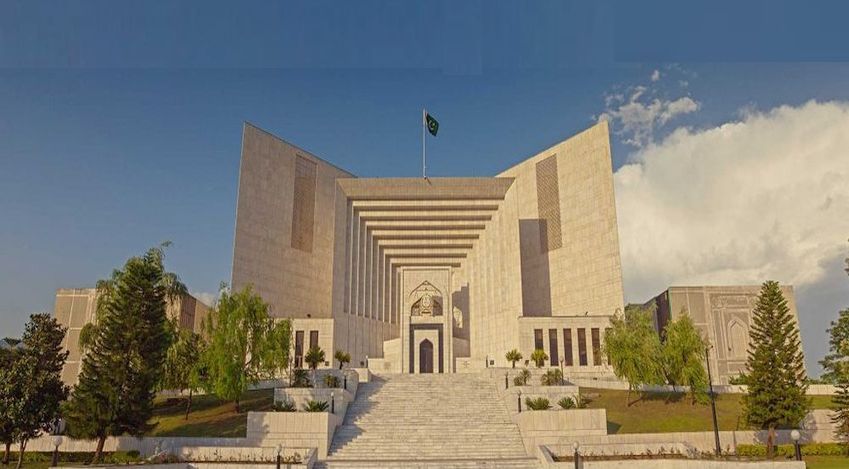Identification Parades alone cannot serve as Conclusive Evidence of Guilt --- Supreme Court of Pakistan
Islamabad 31-10-2024: The Supreme Court of Pakistan has acquitted Subha Sadiq, previously convicted in a high-profile murder case, after finding significant procedural lapses and inconsistencies in the identification process. The decision overturns a 2016 Lahore High Court judgment that upheld his conviction, granting Sadiq the benefit of doubt due to unreliable evidence.
Subha Sadiq was convicted by the Anti-Terrorism Court-II in Multan for the murder of police constable Falak Sher in 2011. The prosecution argued that Sadiq, along with two other suspects, attacked the constable while he was on patrol. Although Sadiq was convicted based on witness testimony and a test identification parade, he appealed to the Supreme Court of Pakistan, challenging the validity of the evidence.
The three-member bench, led by Mr. Justice Athar Minallah, found major procedural deficiencies in the case. They noted that the test identification parade, a key element in Sadiq’s conviction, was not conducted in accordance with the guidelines set by the Supreme Court of Pakistan in previous cases. Additionally, eyewitness testimonies presented inconsistencies, casting further doubt on the reliability of the prosecution’s case.
The Court emphasized the importance of corroborative evidence, ruling that test identification parades alone cannot serve as conclusive evidence of guilt. The judgment highlighted the legal standard that identification parades must strictly follow procedural guidelines to ensure fairness and accuracy.
In reaching its decision, the Supreme Court of Pakistan cited several landmark cases that underscore the necessity of corroborative evidence in criminal trials:
Muhammad Siddique Vs. The State (2020 SCMR 342)
Kanwar Anwar Ali (PLD 2019 Supreme Court 488)
Mian Sohail Ahmed Vs. The State (2019 SCMR 956)
Mr. Justice Athar Minallah, writing for the Court, pointed out that procedural flaws, such as the lack of specific features in the identification report, significantly undermined the reliability of the evidence. Additionally, the Court noted that the timing and handling of the identification parade raised concerns about potential witness contamination.
The Supreme Court of Pakistan concluded that due to these doubts, Sadiq’s conviction could not be upheld. The Court ordered his immediate release unless he was required for any other legal proceedings.
This ruling reinforces the Supreme Court of Pakistan commitment to procedural integrity in criminal cases, especially concerning identification parades. The decision highlights the judiciary’s role in ensuring that the rights of the accused are protected through strict adherence to procedural standards, particularly in cases where evidence hinges on witness identification.
Sadiq’s acquittal marks a significant victory for advocates of due process and reinforces the judiciary’s emphasis on the “benefit of doubt” principle, reminding lower Courts of the need for rigorous standards in criminal prosecutions.
Powered by Froala Editor








